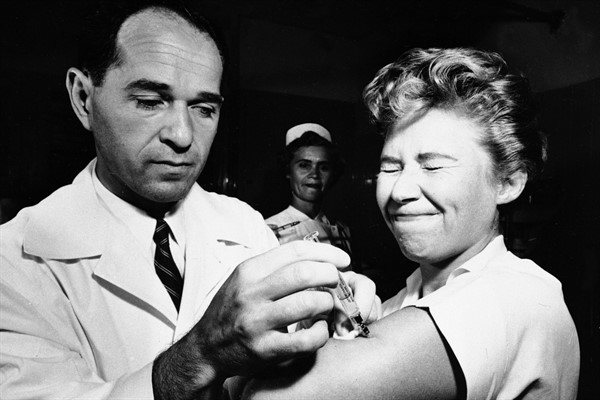Months into the coronavirus pandemic, it has become clear that countries that recently dealt with other outbreaks of infectious diseases have been more successful in containing COVID-19. From East Asia and the Pacific to West and Central Africa, authorities have made good use of epidemiological expertise they acquired from tackling outbreaks of SARS, MERS, Swine flu and Ebola to quickly roll out containment measures.
Yet even governments lacking such experience should have been able to foresee the destructive potential of COVID-19. President Donald Trump may insist that “there’s never been anything like this in history,” but the history of the 20th century is in fact checkered with new pathogens that emerged and spread globally like the novel coronavirus is now. All of those past outbreaks offered lessons for how to prepare for the next pandemic. But they were often overshadowed by great-power tensions and other pressing issues, which hampered the international response each time. That history appears to be repeating itself today.
The deadliest modern pandemic was the Spanish flu outbreak that began in 1918 and went on to kill at least 50 million people around the world, including more than 600,000 in the United States. As Laura Spinney writes in “Pale Rider: The Spanish Flu of 1918 and How It Changed the World,” the disease “resculpted human populations more radically than anything since the Black Death.” In 1919, as the pandemic raged, delegates met in Paris to draw up the covenant for the new League of Nations, and they agreed “to endeavor to take steps in matters of international concern for the prevention and control of disease.” That led to the creation of the League of Nations Health Organization, a short-lived but important entity that became the predecessor for the World Health Organization.

